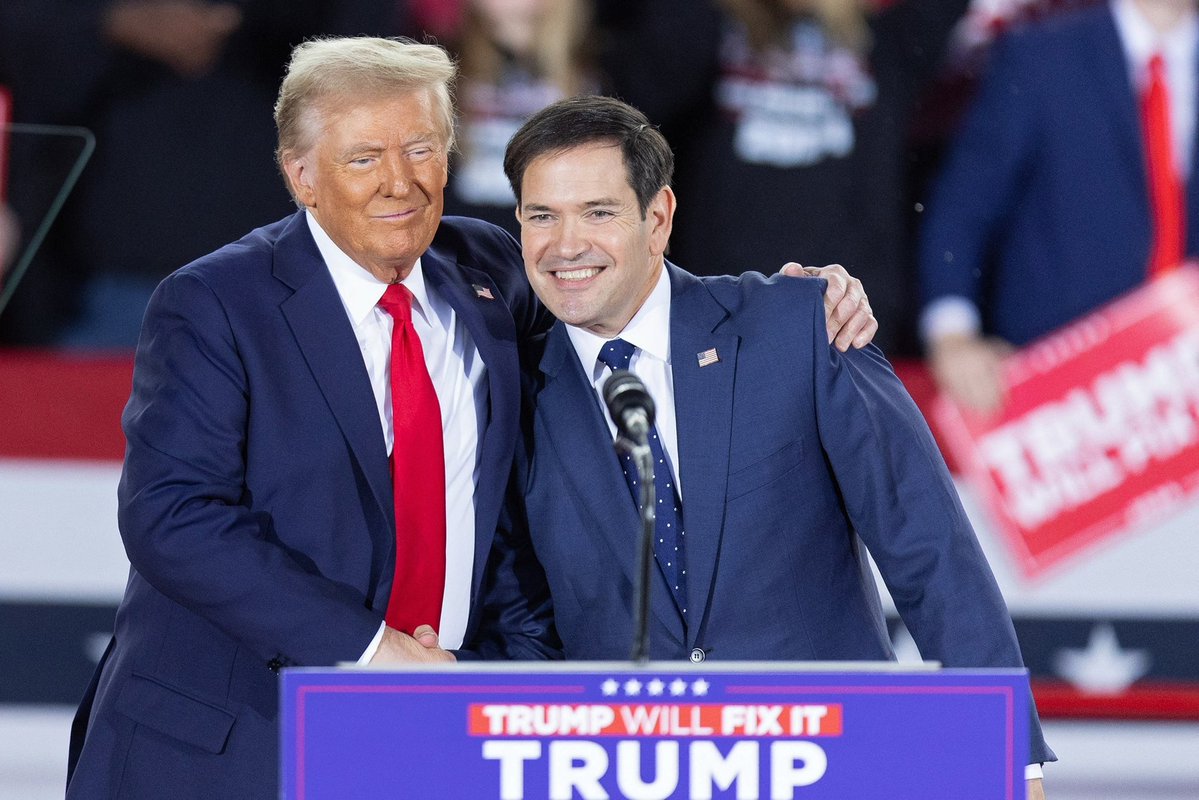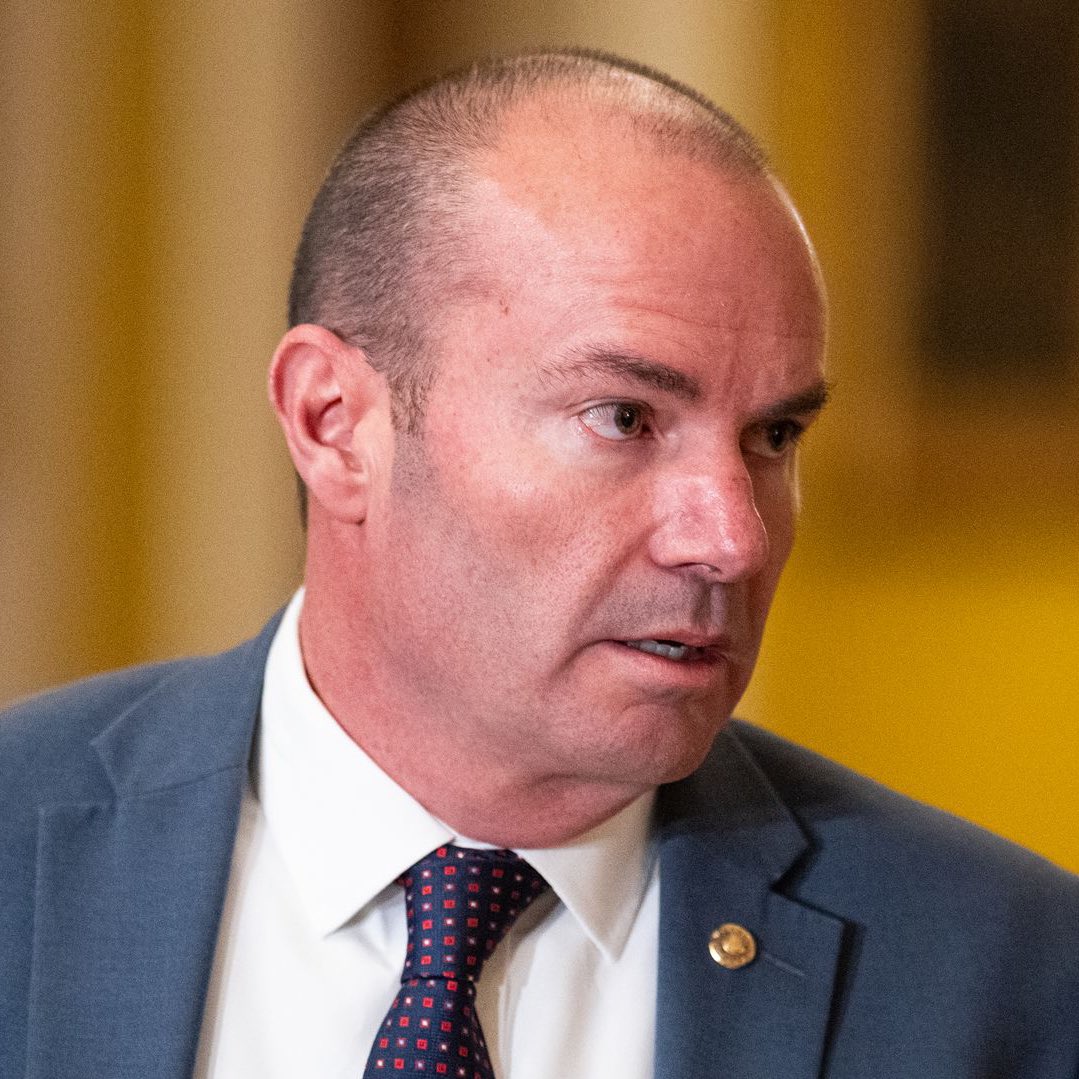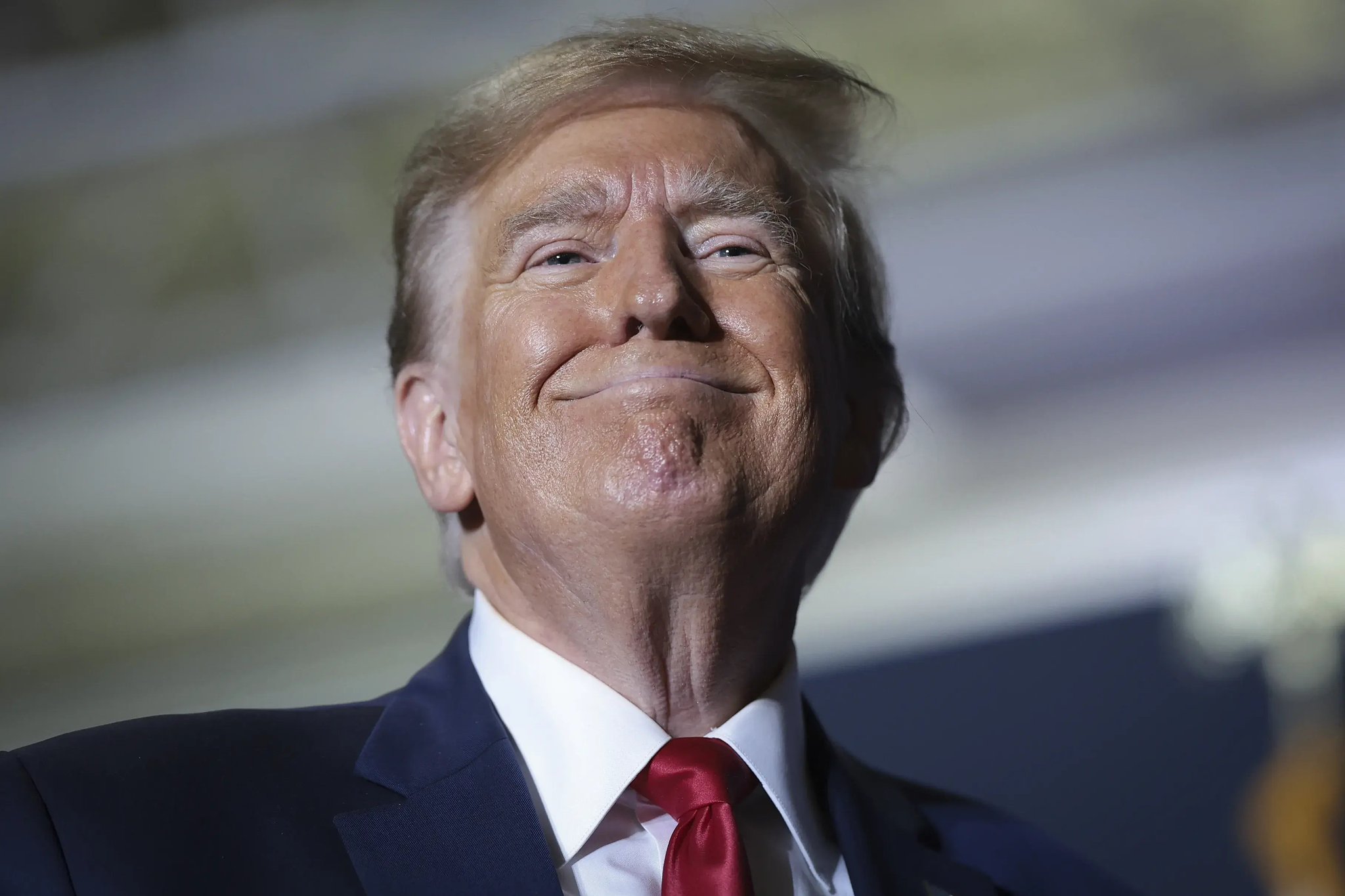Kevin O’Leary Defends Trump’s H-1B Visa Stance in CNN Debate
In a recent debate on CNN, entrepreneur and television personality Kevin O’Leary defended former President Donald Trump’s position on H-1B visas, emphasizing the importance of maintaining America’s competitive edge in the global talent market. The discussion, moderated by Abby Phillip, highlighted differing views on immigration policy and its implications for the U.S. economy.
During the debate, Phillip suggested the expansion of H-1B visas to attract skilled workers from around the world. O’Leary countered this proposal, framing it as a critical issue in the ongoing global competition between the United States and China. He argued that the U.S. must prioritize attracting top talent to prevent the loss of intellectual resources to rival nations. “We cannot afford to let our best and brightest go elsewhere,” O’Leary stated, underscoring the need for policies that bolster America’s position as a leader in innovation.
Ben Ferguson, a conservative commentator, also weighed in on the discussion, supporting Trump’s immigration policies as a necessary adaptation to strengthen the nation’s economic standing. Ferguson noted that the former president’s approach is designed to ensure that the U.S. remains a desirable destination for skilled professionals, thereby enhancing its competitive advantage on the world stage.
The debate over H-1B visas has been a contentious topic in American politics, with proponents arguing that the program is essential for filling labor shortages in high-skilled sectors, while critics contend that it undermines job opportunities for American workers. O’Leary’s defense of Trump’s stance reflects a broader concern among some policymakers and business leaders about the implications of immigration policy on the nation’s economic future.
As the conversation around immigration continues to evolve, the perspectives shared during this debate highlight the complexities of balancing the need for skilled labor with the imperative of protecting American jobs. The outcome of this ongoing dialogue will likely shape future immigration policies and their impact on the U.S. economy.




